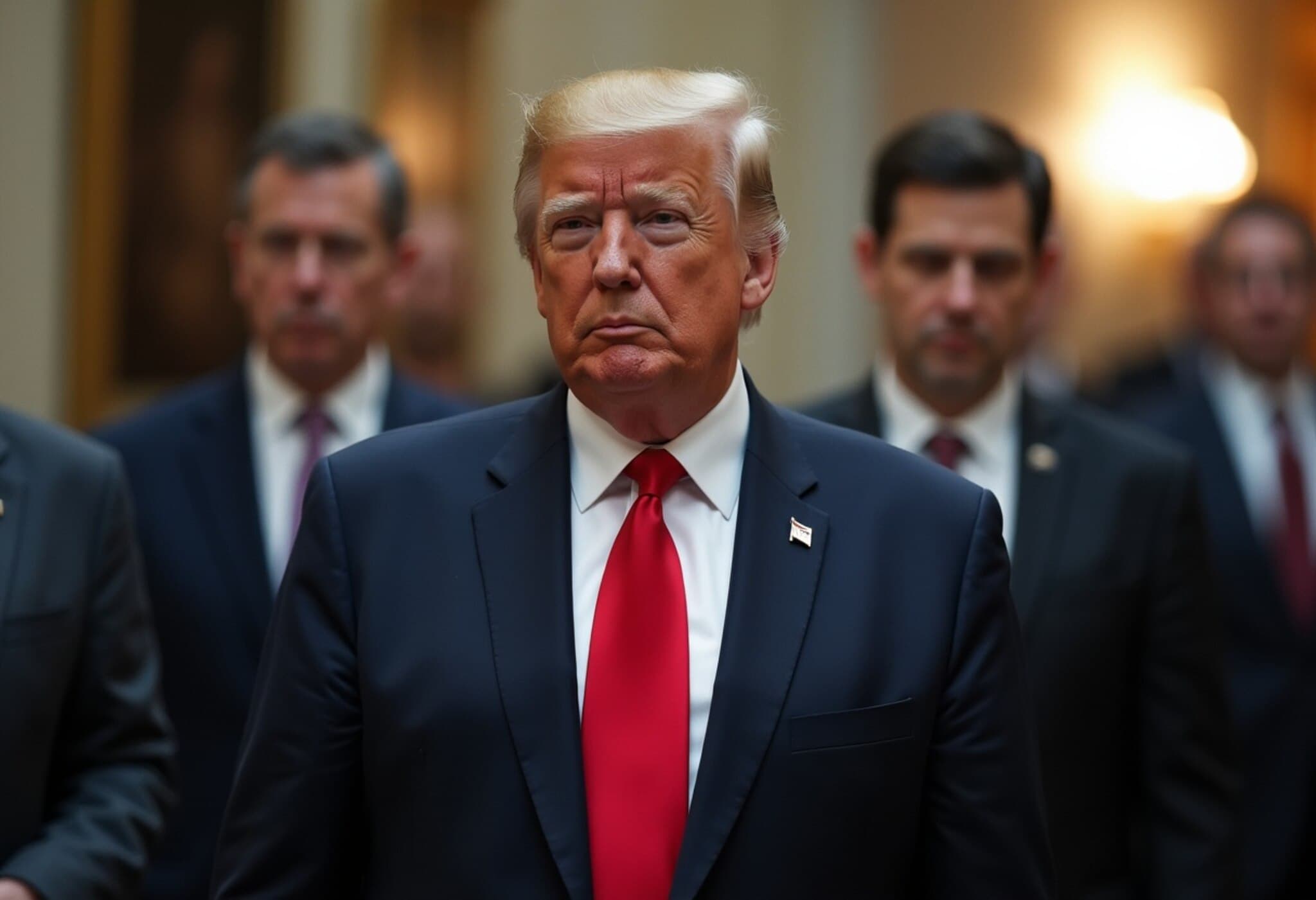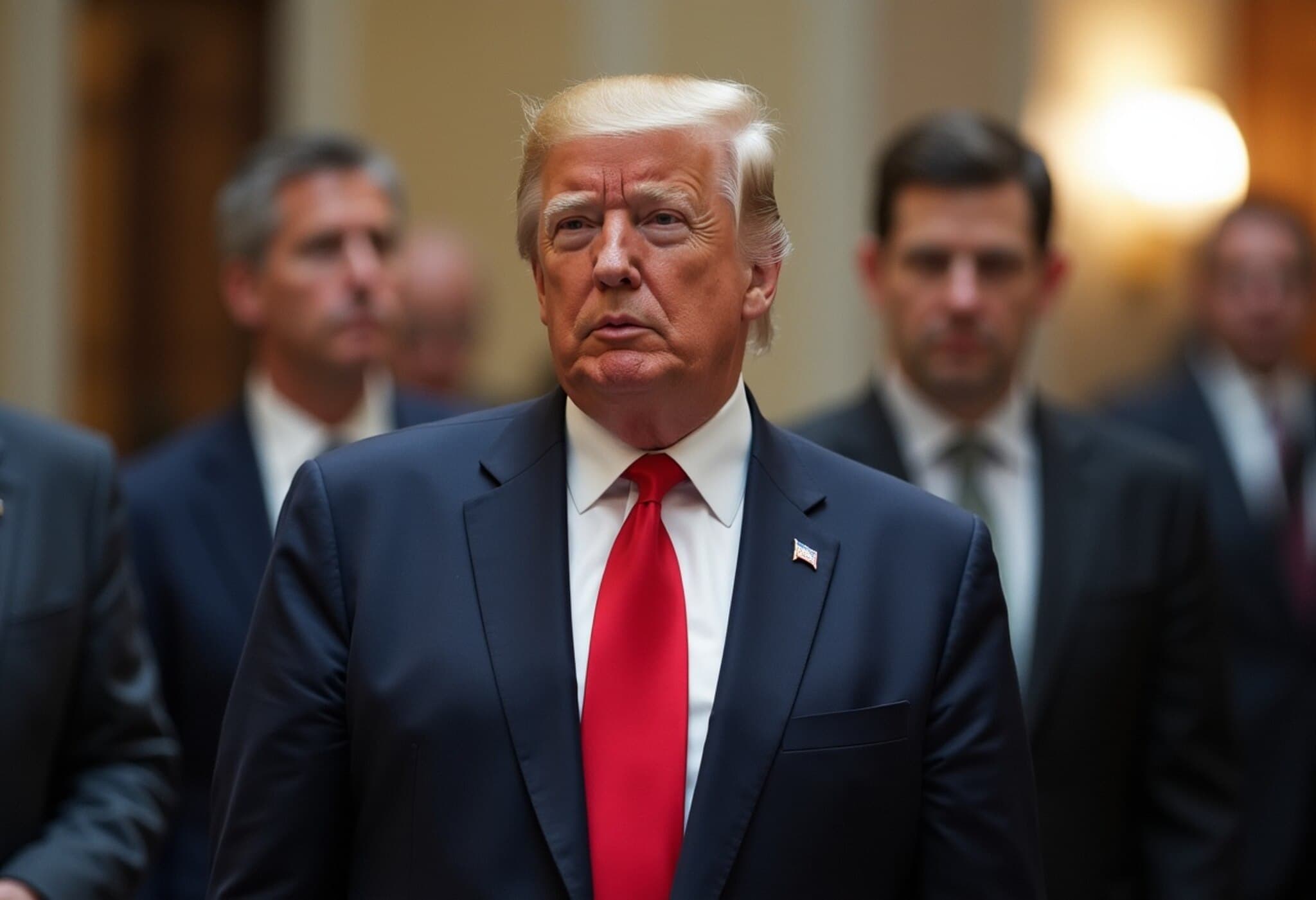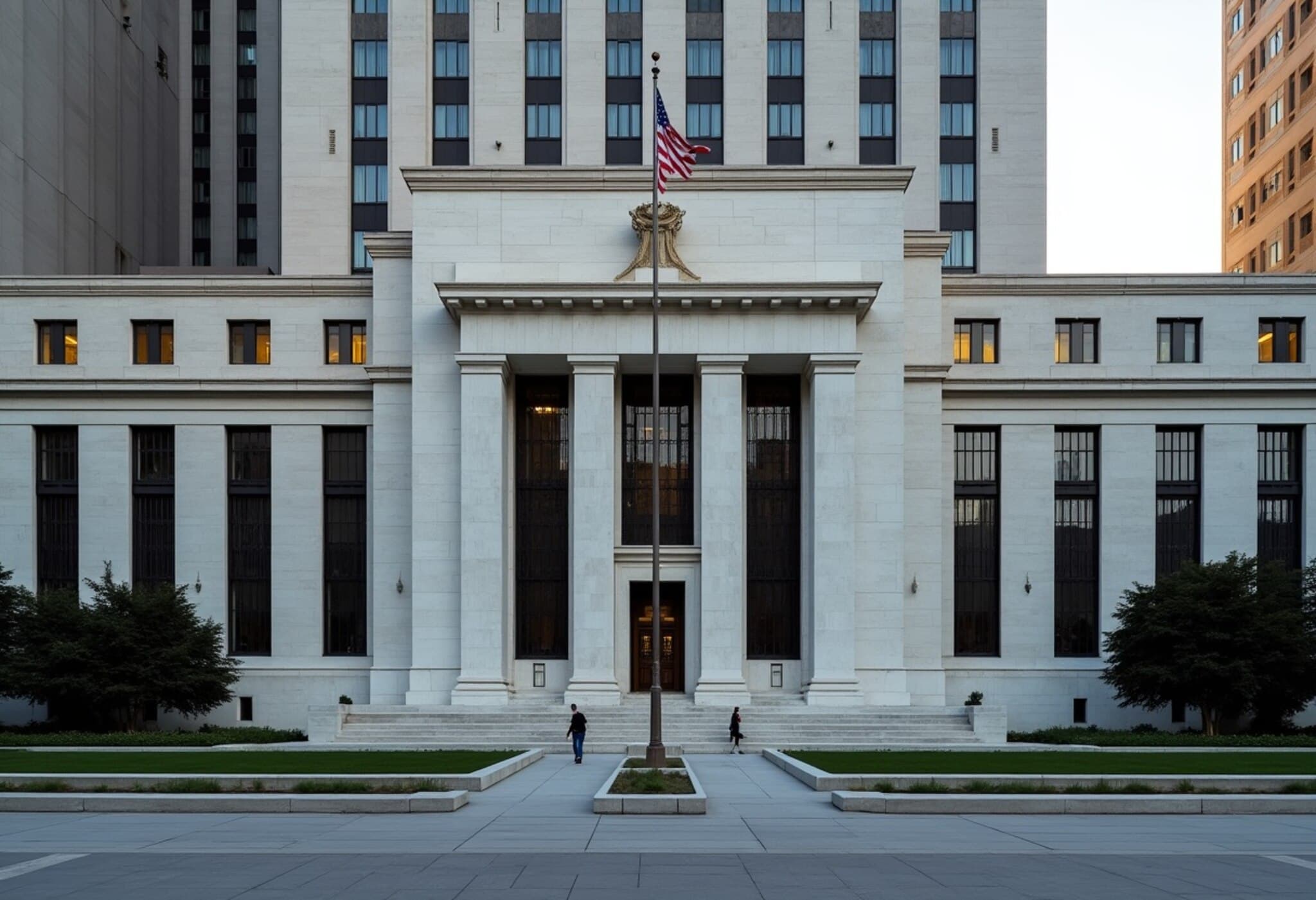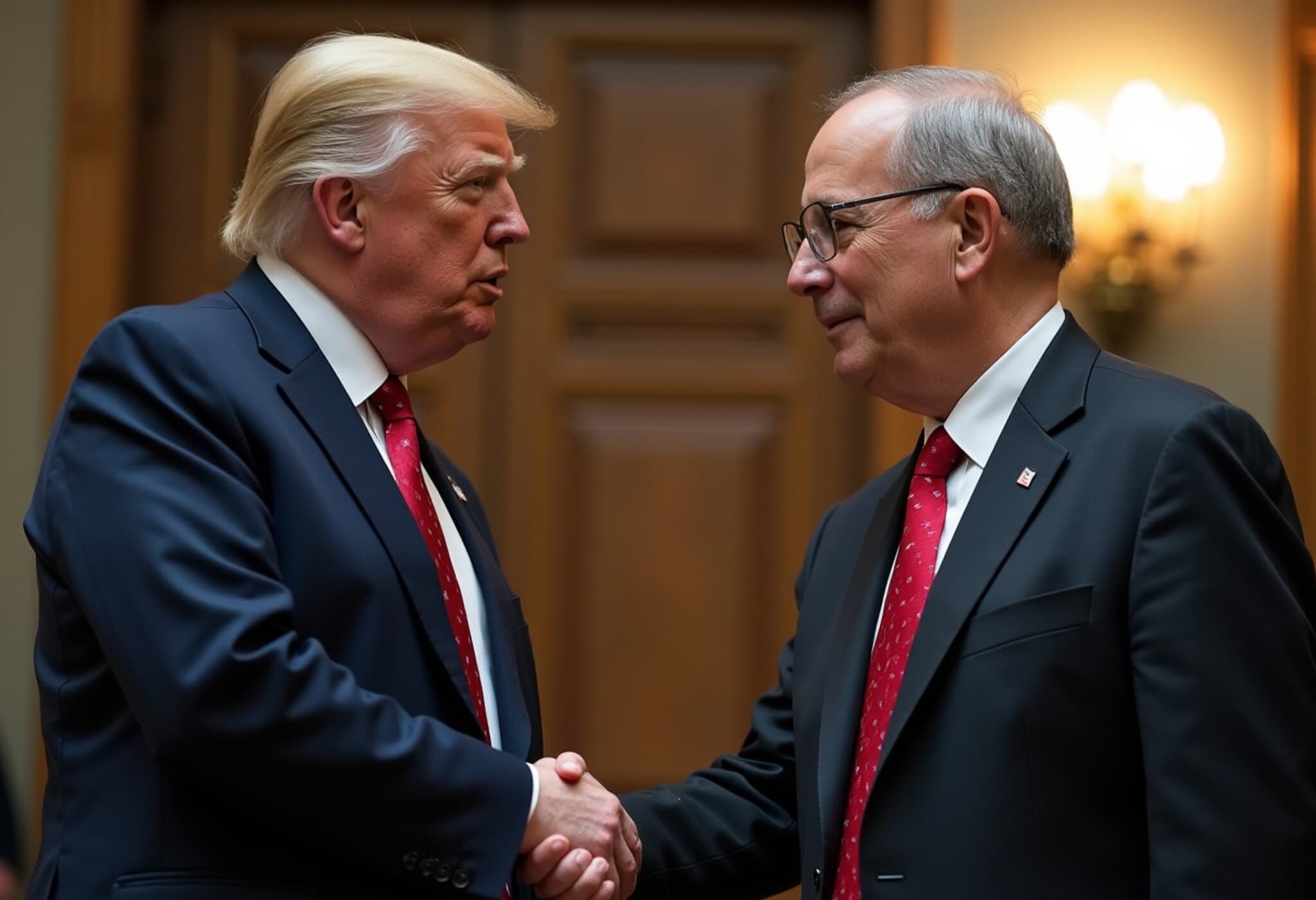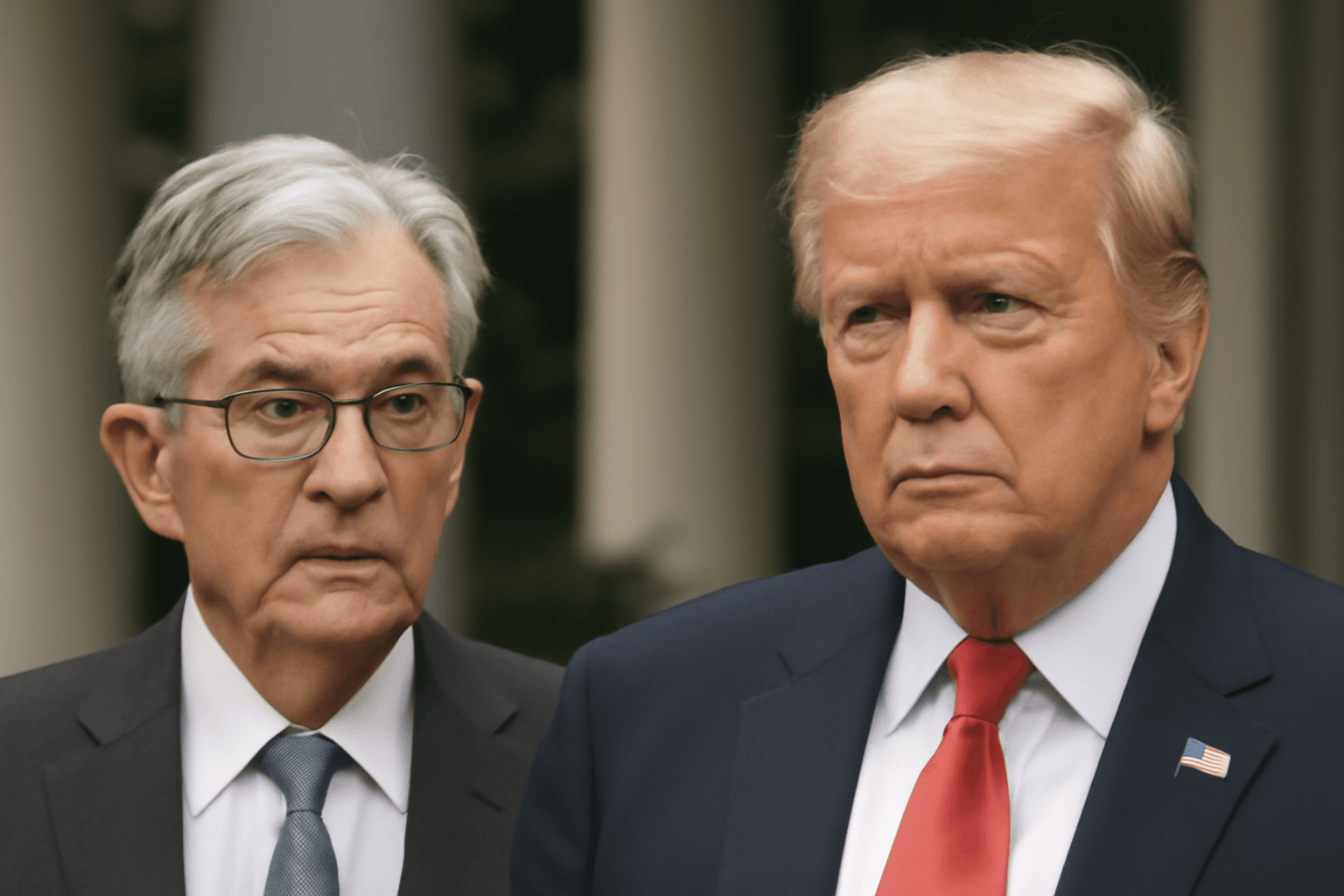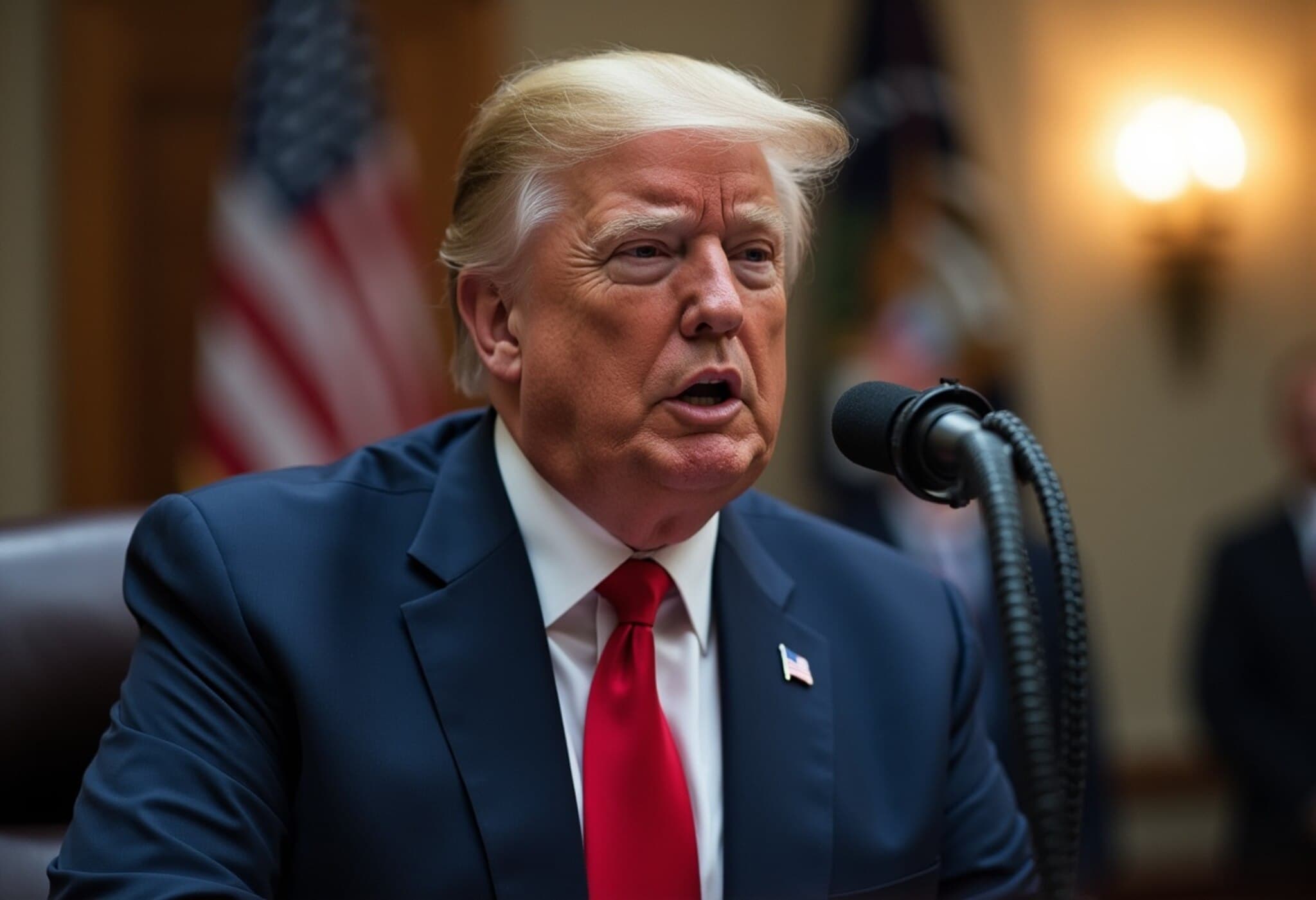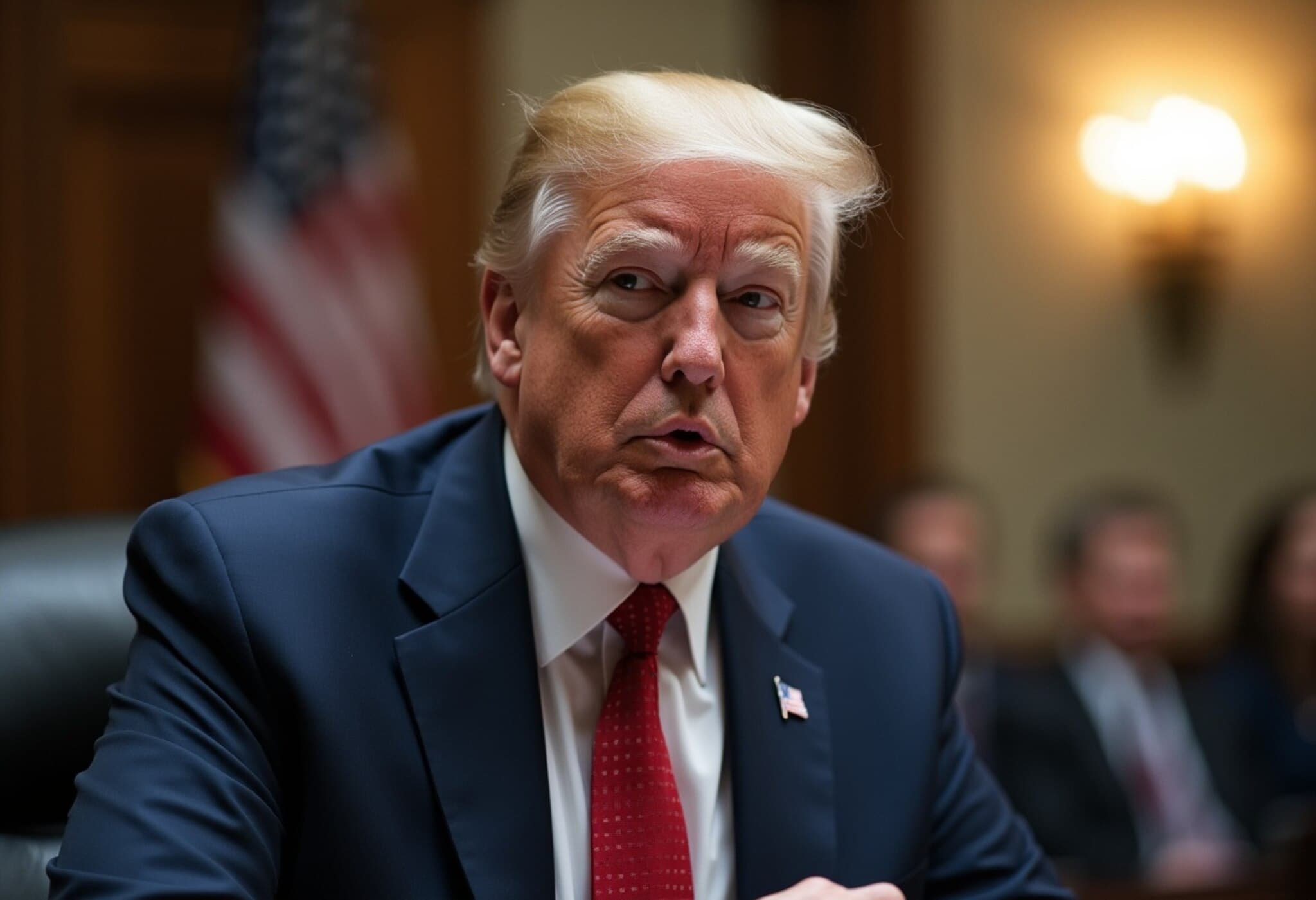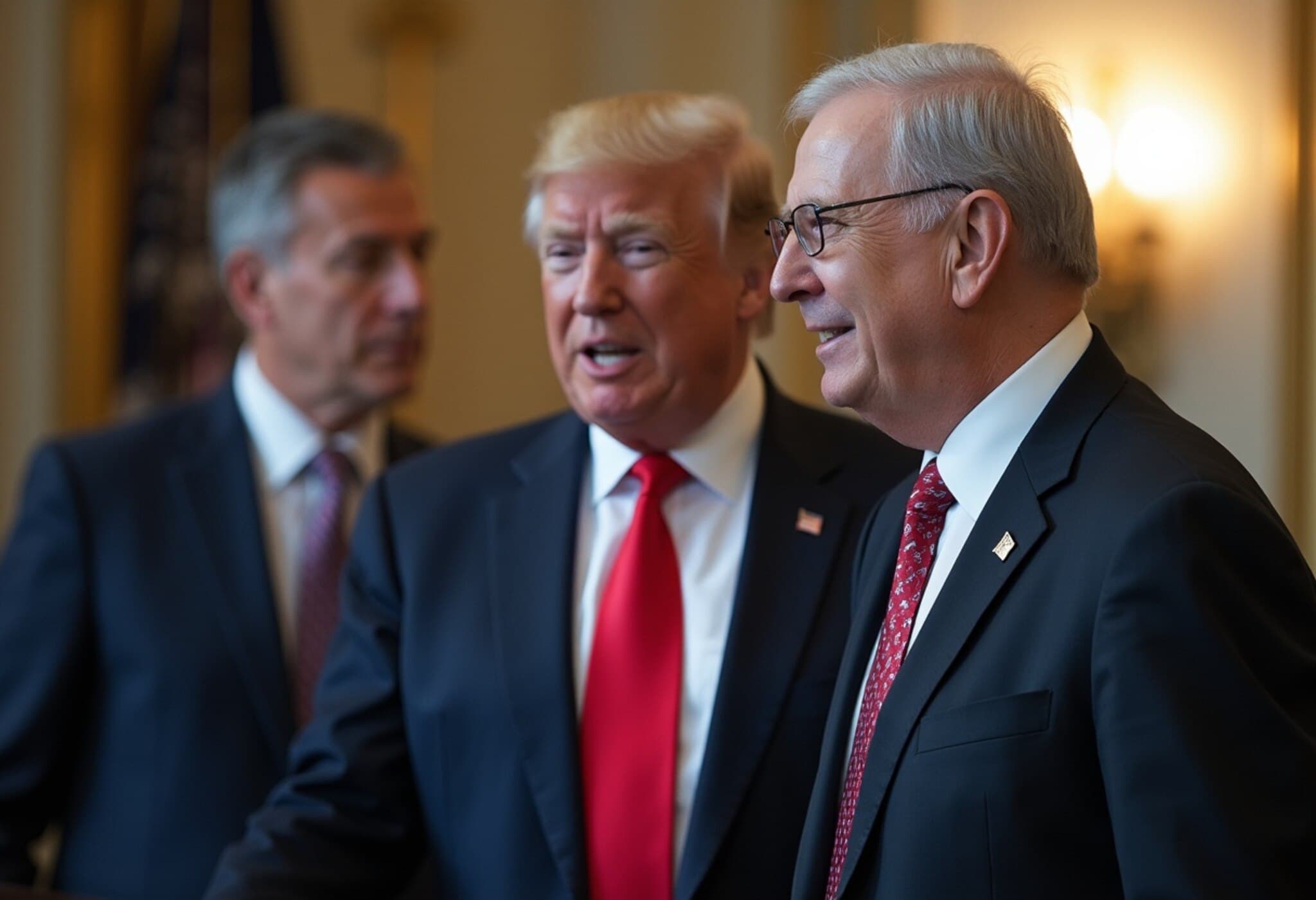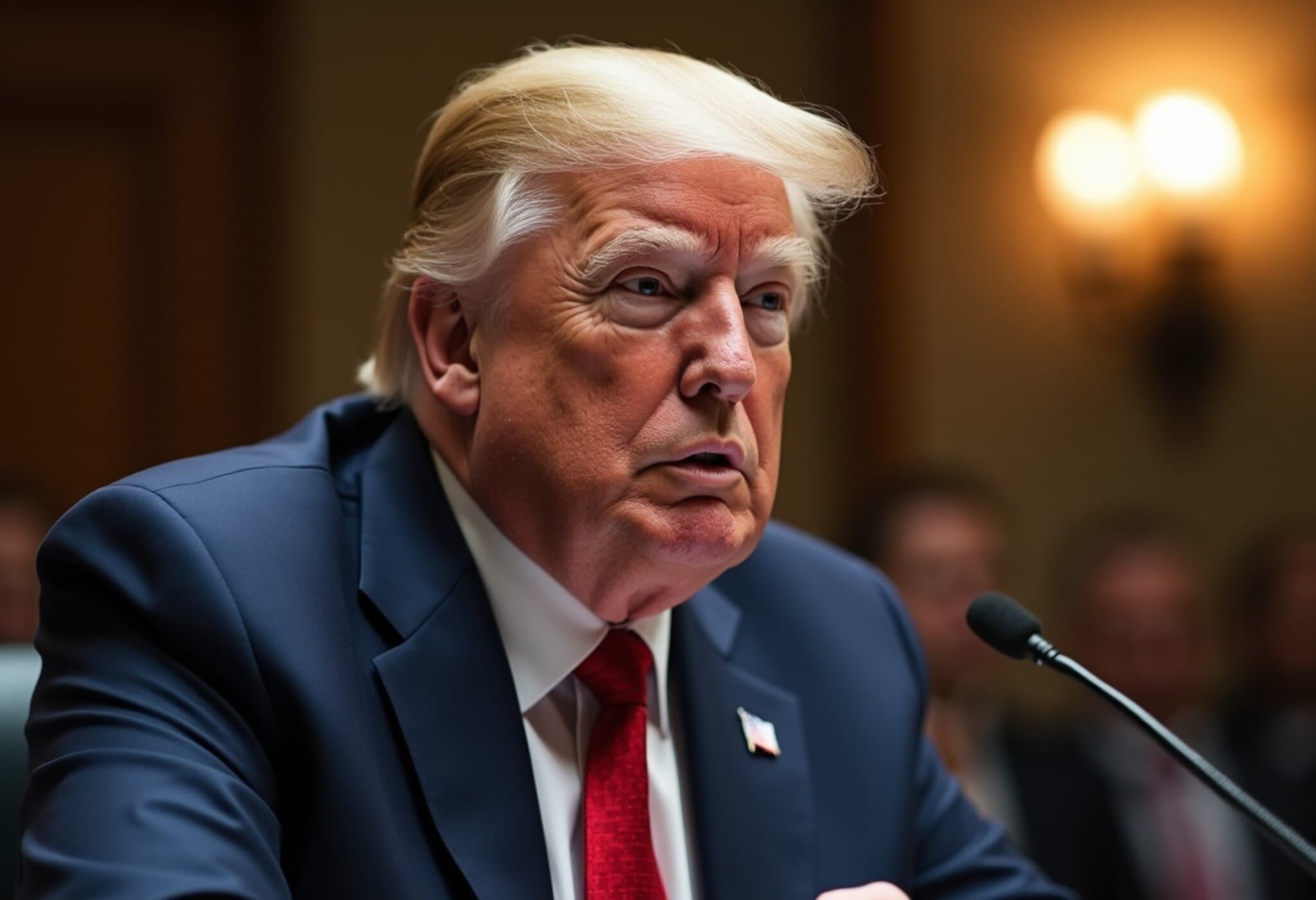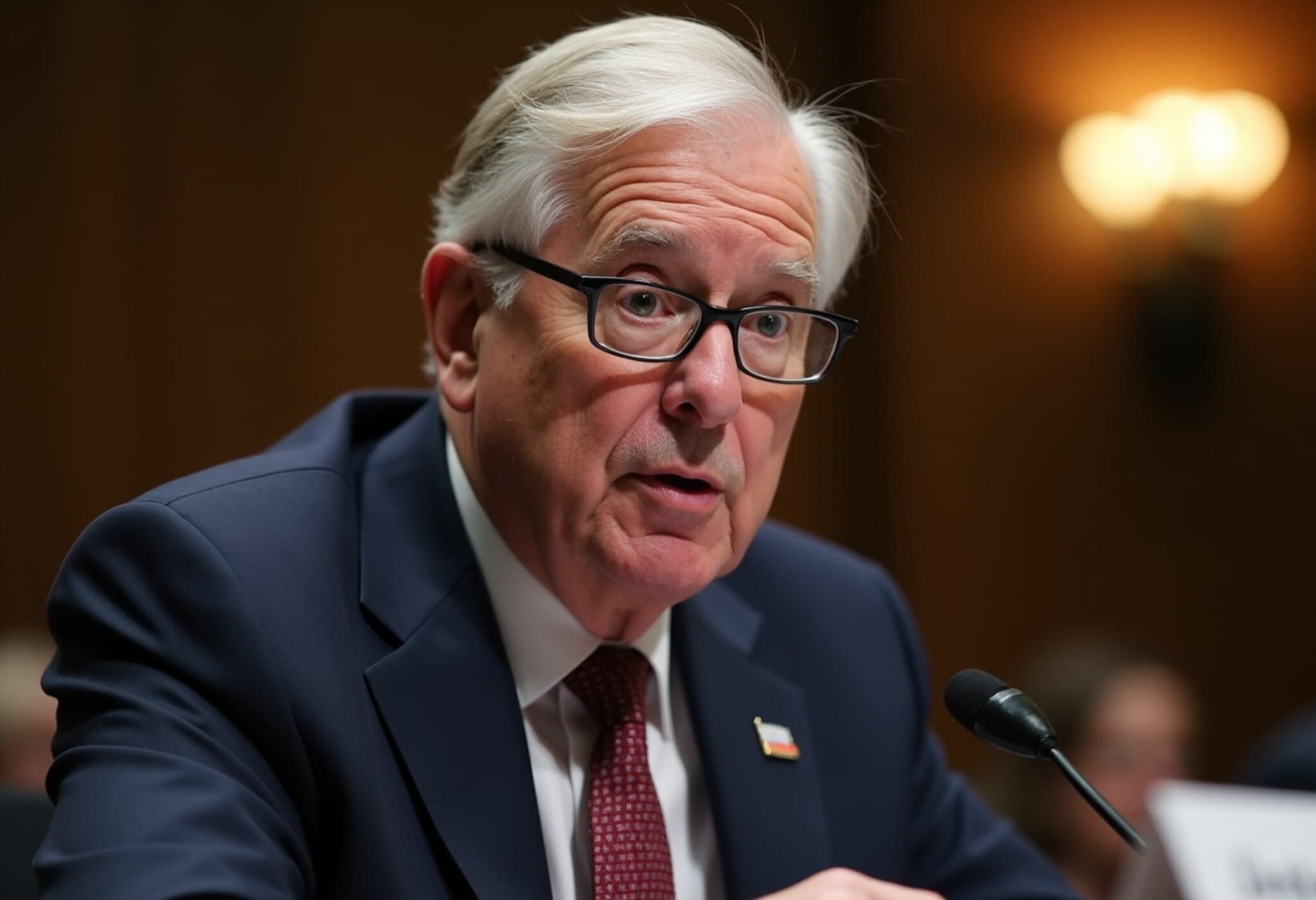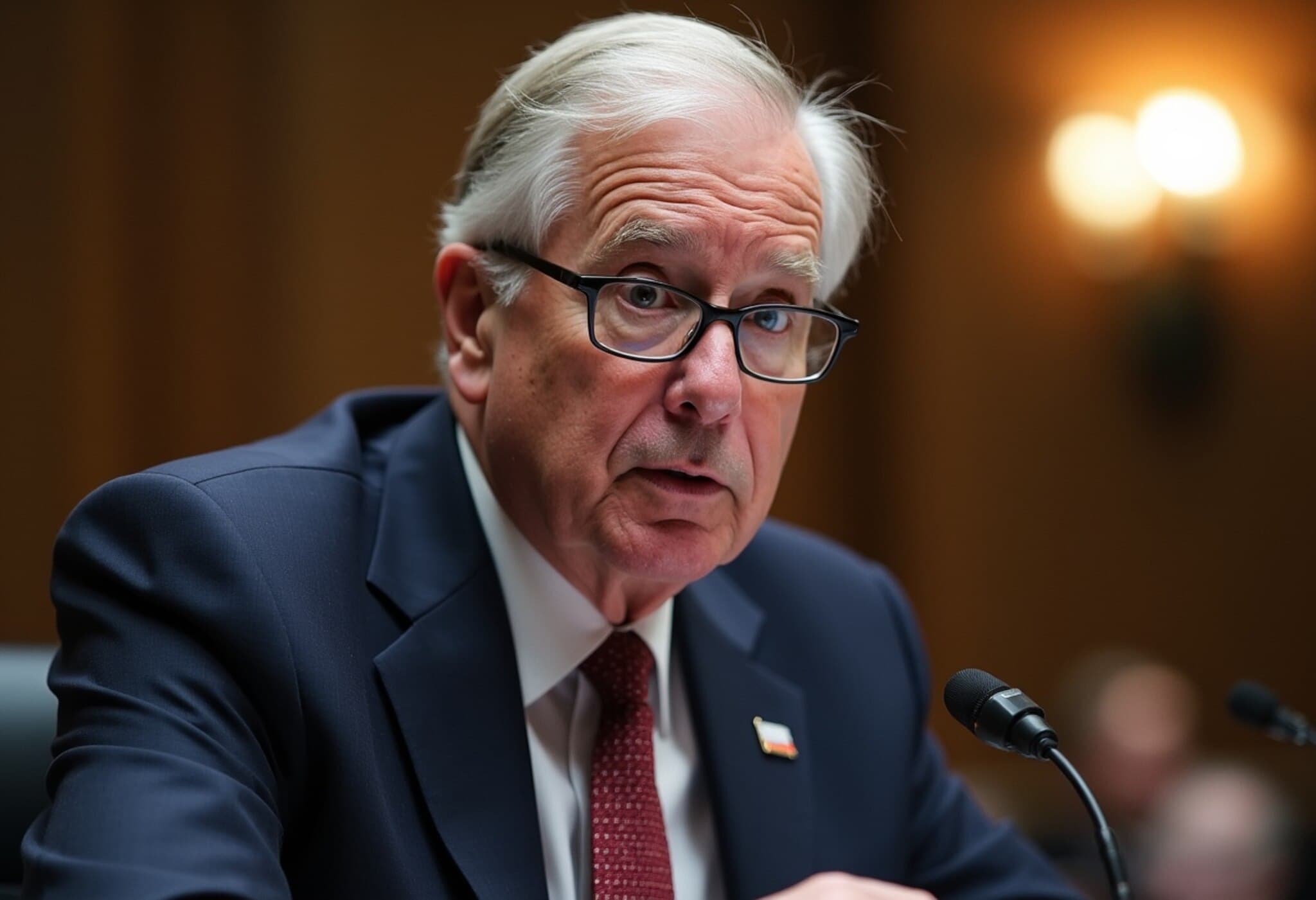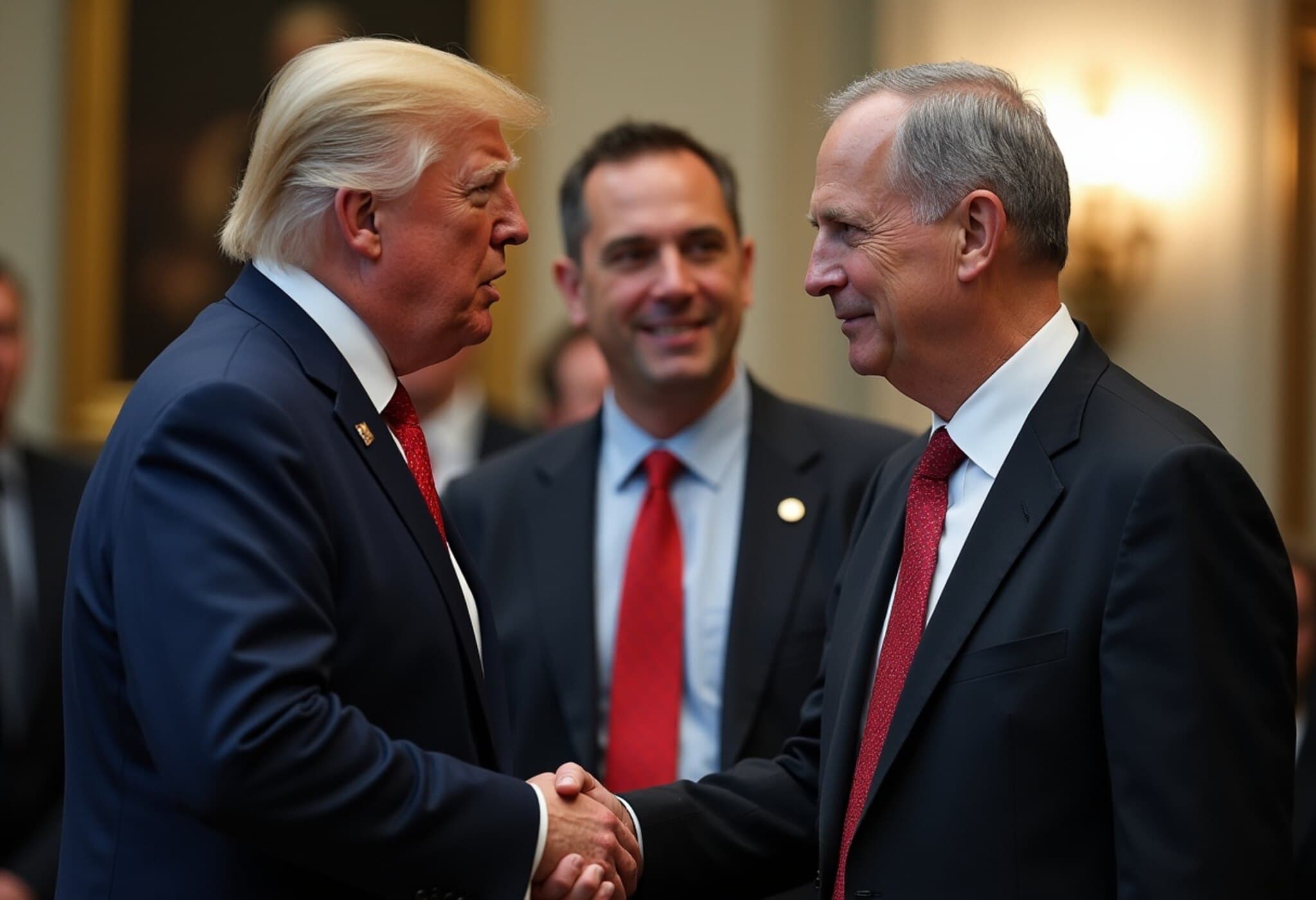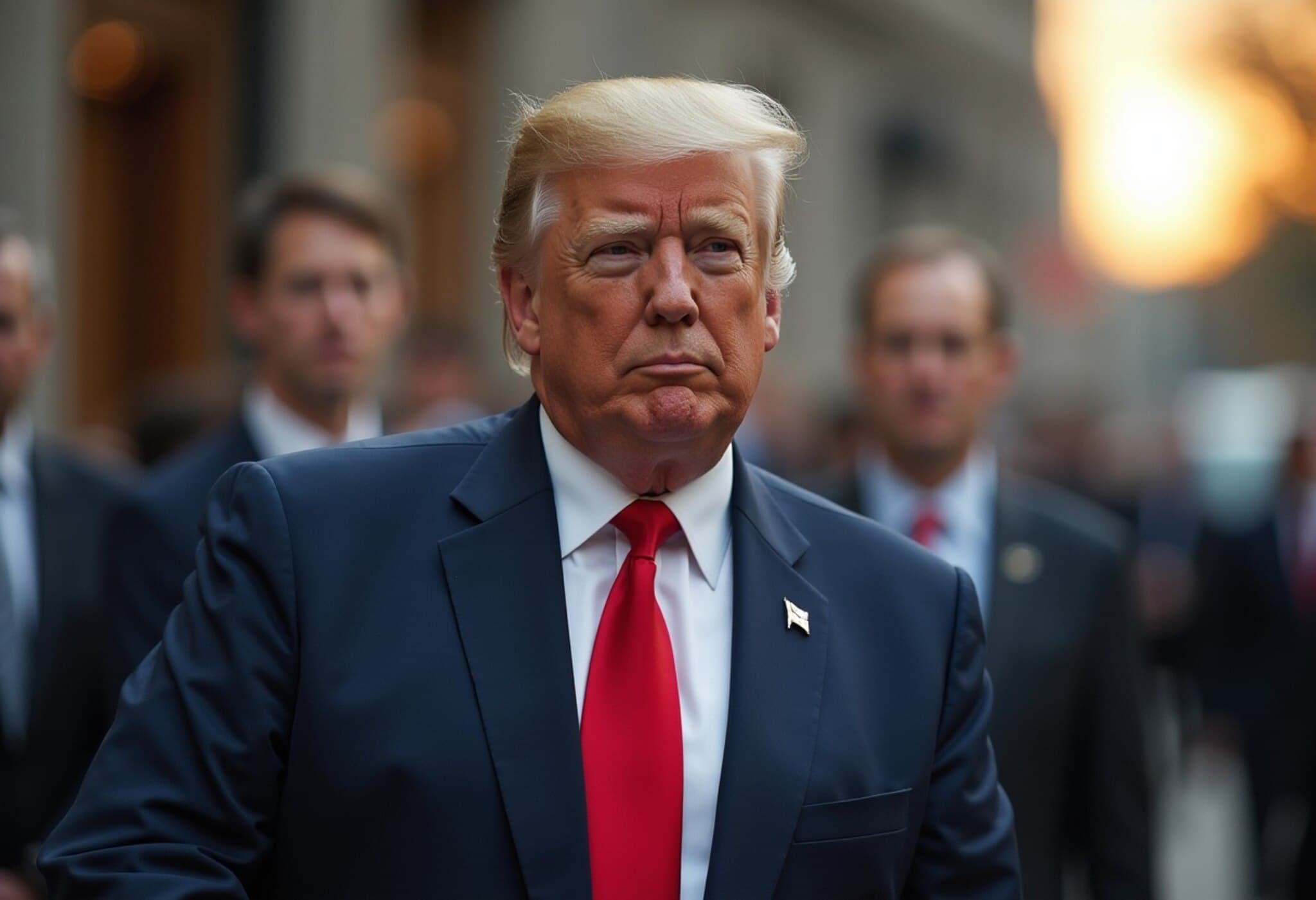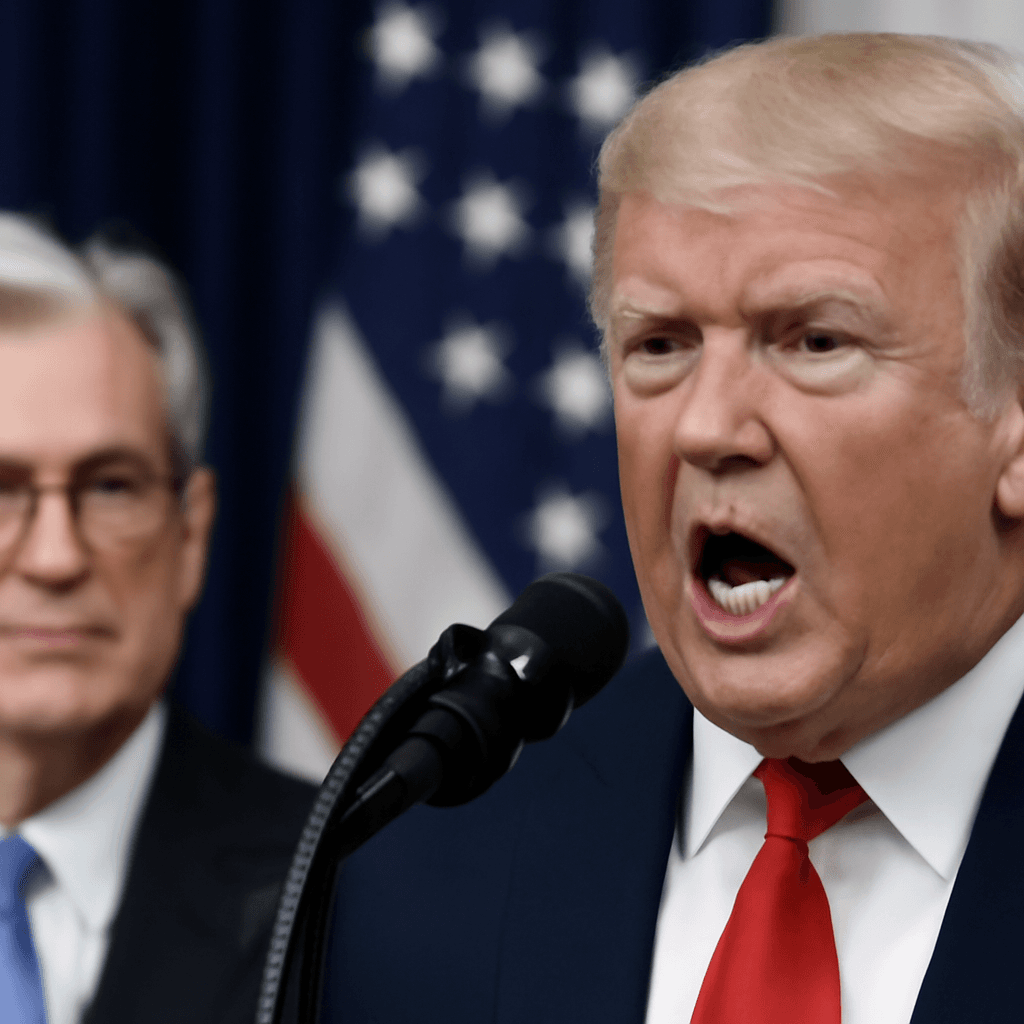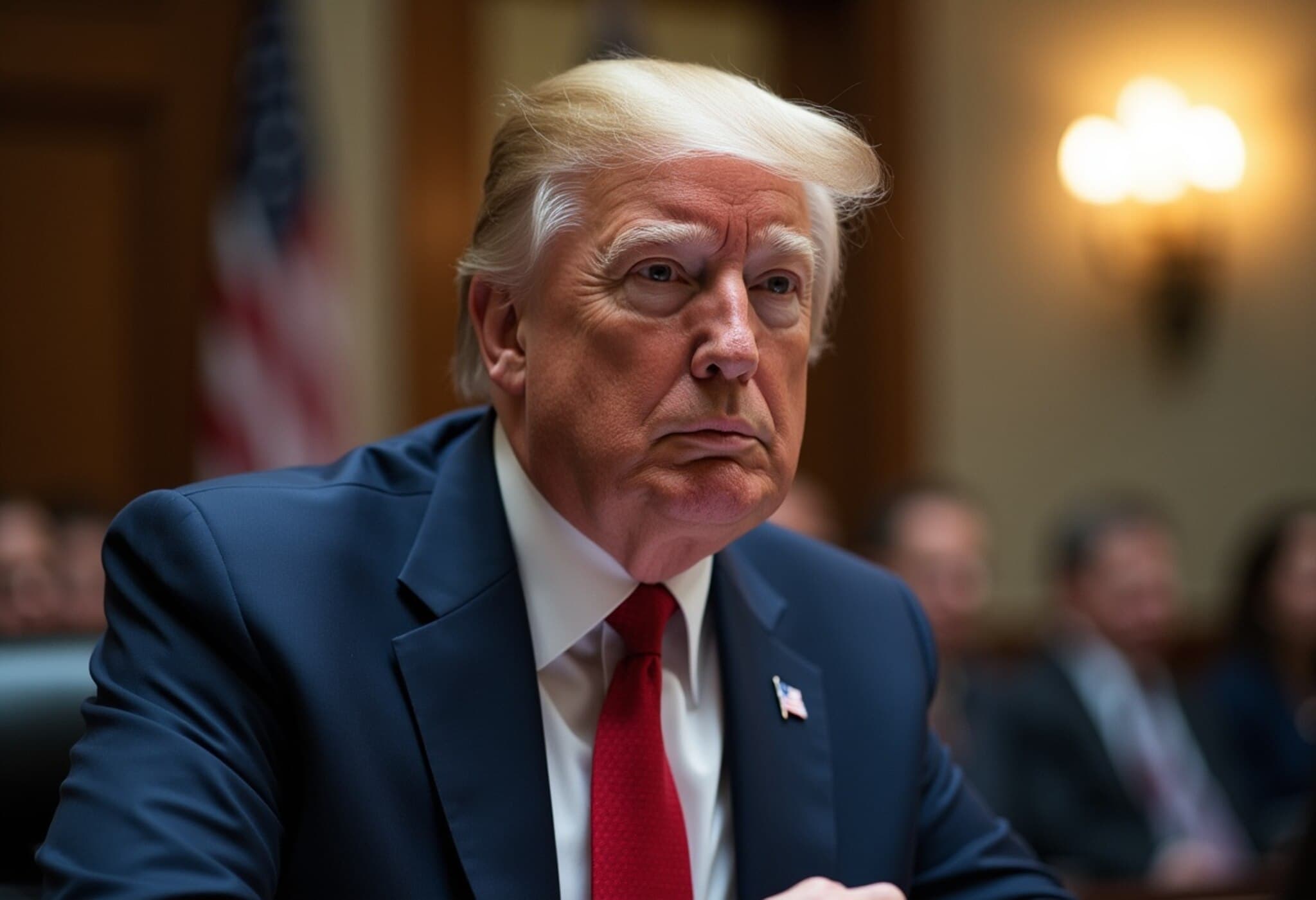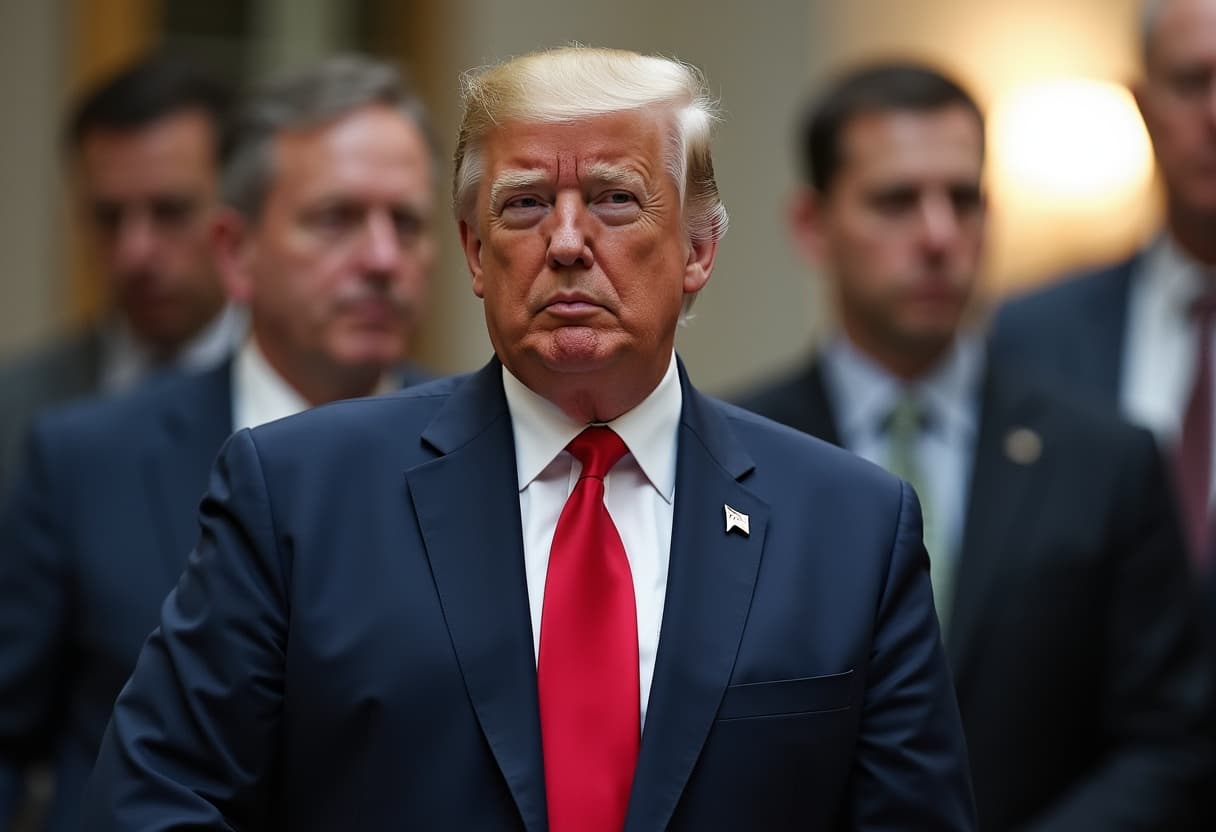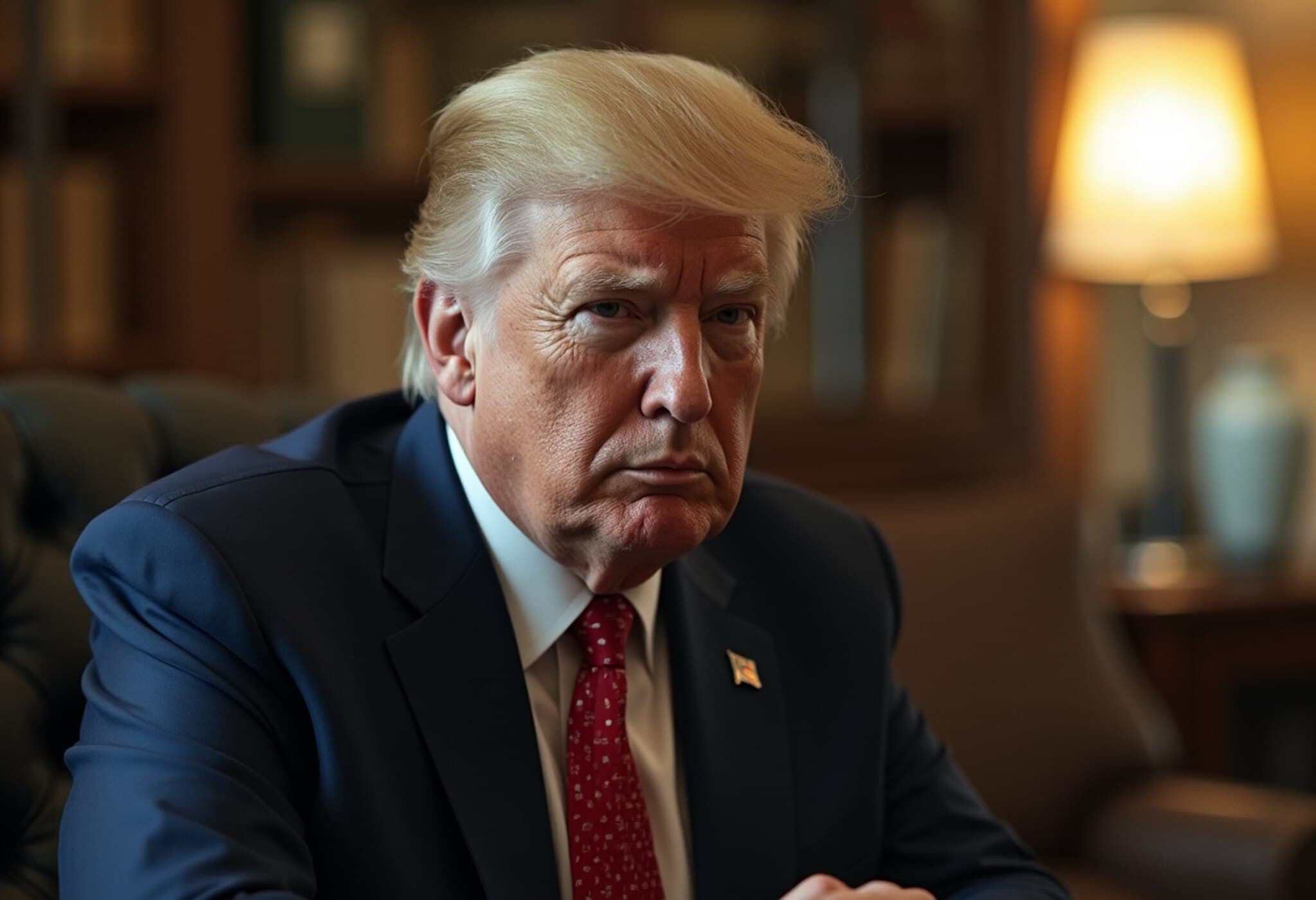Trump’s Unexpected Visit to the Federal Reserve: A Show of Pressure or Legitimate Dialogue?
In a move that has caught both political insiders and financial markets off guard, former President Donald Trump is set to visit the Federal Reserve headquarters this Thursday. This visit comes amid an escalating public feud with Federal Reserve Chair Jerome Powell, whom Trump has repeatedly scolded for not cutting interest rates more aggressively to stimulate the U.S. economy.
Background: From Nominee to Critic
Jerome Powell, originally nominated by Trump during his first term, has faced mounting criticism from the former president over his stewardship of U.S. monetary policy. Although Powell was nominated for a second term by Joe Biden, Trump has not shied away from publicly questioning Powell’s handling of rates, even resorting to personal insults such as calling him a “numbskull.” The White House schedule confirms Trump’s 4 p.m. visit to the Fed, although it remains unclear if he will meet directly with Powell.
Tensions Compound Over Cost Overruns and Leadership
Adding fuel to the fire, Trump’s administration has accused the Fed of mismanaging a costly renovation of two historic buildings in Washington, D.C., with the White House budget director estimating overruns exceeding $700 million. The allegations have sharpened the administration's campaign against Fed leadership, further blurring the lines between fiscal oversight and political maneuvering.
Market Reaction and Political Implications
Initial market responses have been measured, with Treasury yields remaining steady and the dollar mildly softening. Yet experts warn the symbolism of a presidential visit to an independent central bank during a public spat carries deeper implications.
- Market analyst Matt Simpson notes Trump’s appearance may be less about policy discussion and more an attempt at intimidation.
- US Treasury Secretary Scott Bessent has downplayed rumors of Powell's firing, suggesting a new chair nomination will only come in late 2025 or early 2026.
The Fragility of Fed Independence
Traditionally, U.S. presidents have respected the Fed’s autonomy, avoiding direct criticism of its policy decisions. Trump’s ongoing confrontational approach breaks this norm, underscoring a broader pattern in his leadership style that challenges established institutions—from media outlets to educational bodies.
This high-profile dispute raises critical questions about the balance of power in U.S. economic governance. Central bank independence is widely viewed as vital to maintaining investor confidence and stable markets, preventing political cycles from dictating monetary policy.
Legal Constraints and Economic Stakes
Recent Supreme Court opinions appear to restrict Trump’s authority to remove Powell without cause, complicating the threat of firing. Meanwhile, Trump’s push for drastically lower interest rates—to as low as 1%—aims to lower government borrowing costs amid rising deficits but clashes with the Fed’s forecasts and economic indicators.
The Federal Reserve’s own projections suggest a cautious easing, with rates unlikely to dip below 3.25%-3.50% by end of next year, underscoring the gap between political demands and policy realities.
Expert Insight: The Risks of Politicizing Monetary Policy
Former Fed Chairs Ben Bernanke and Janet Yellen recently warned in a New York Times op-ed about the dangers of politicizing rate decisions. They stressed that threatening the Fed’s independence risks "lasting and serious economic harm," emphasizing that credibility built on nonpartisan, data-driven decision-making is an invaluable national asset.
Looking Ahead: What Trump’s Visit Means for U.S. Monetary Stability
As the Federal Reserve prepares for its next policy meeting, Trump’s visit reverberates beyond the immediate political theater. It spotlights ongoing tensions over economic management during a period marked by inflation concerns and global financial uncertainty.
This episode raises broader questions:
- Can the Federal Reserve maintain its independence amid rising political pressure?
- What precedent does this set for future administrations’ interactions with monetary policymakers?
- How will markets respond if presidential criticism escalates further?
For investors, lawmakers, and American citizens alike, these questions underscore how fragile the balances that underpin economic stability truly are.

